Expert Talk on Edema Successfully Conducted on 91.1 FM Radio City Delhi
Cipla successfully conducted an insightful Expert Talk on Edema as part of its ongoing scientific and medical awareness initiative.

Cipla successfully conducted an insightful Expert Talk on Edema as part of its ongoing scientific and medical awareness initiative.
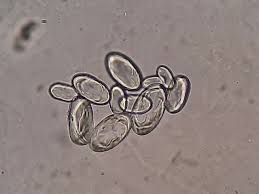
Finding calcium oxalate crystals in urine can be concerning, but understanding their presence is key to maintaining kidney health
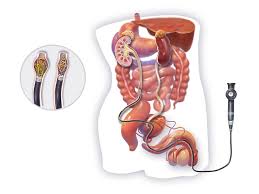
Kidney stones can cause intense pain and disrupt daily routines, making timely treatment essential. Today
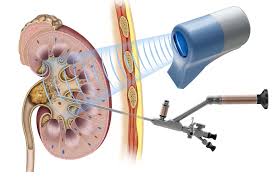
Dealing with kidney stones can be extremely painful, and many people search for fast and effective relief. Today,
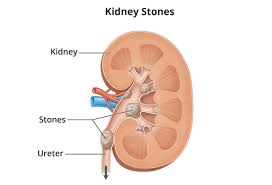
Nephrolithiasis, commonly known as kidney stones, is a painful condition that affects both men and women, often without
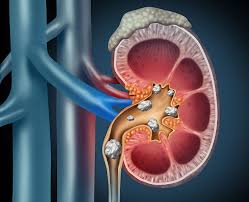
Dealing with kidney stones can be an overwhelming experience, especially when the pain strikes suddenly.

Kidney health plays a major role in overall well-being, yet many women overlook early signs until the condition becomes serious.
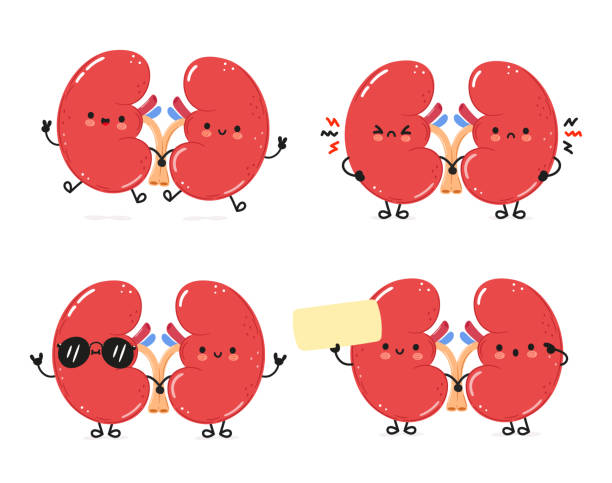
Understanding the kidney transplant outcomes India is crucial for patients considering this life-saving procedure.

For patients suffering from kidney failure, the biggest challenge is often the kidney donor search India.
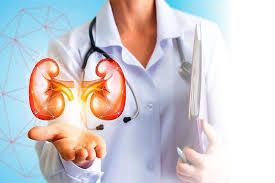
Choosing the right hospital is one of the most important decisions for patients in need of a kidney transplant.
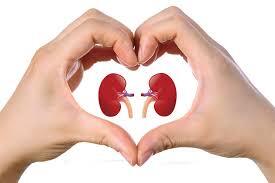
The kidney transplant price in India is one of the most important factors patients and families consider when planning for treatment.
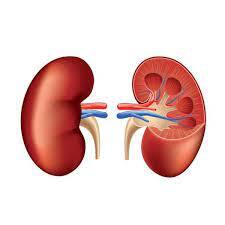
For patients with kidney failure, the biggest challenge is often the waiting period. Understanding how to get
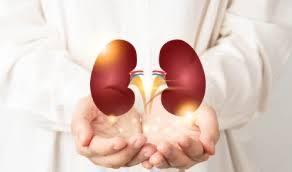
For patients living with kidney failure, every day matters. Identifying hospitals with the shortest kidney
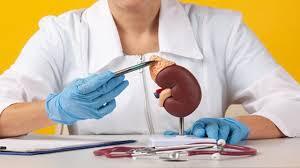
For patients battling end-stage kidney disease, the quickest kidney transplant wait time can mean the
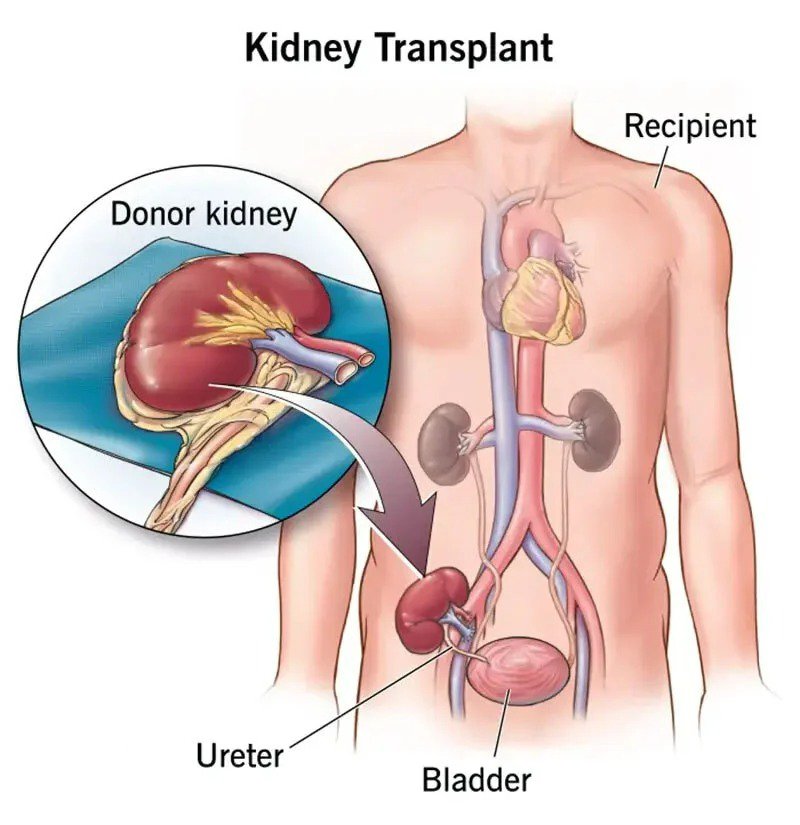
For patients with advanced kidney failure, a kidney transplant in India is often the most effective treatment
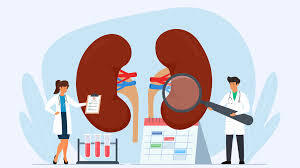
With digital healthcare services growing rapidly, kidney transplant registration online has become a convenient and essential step for patients in need of a transplant.
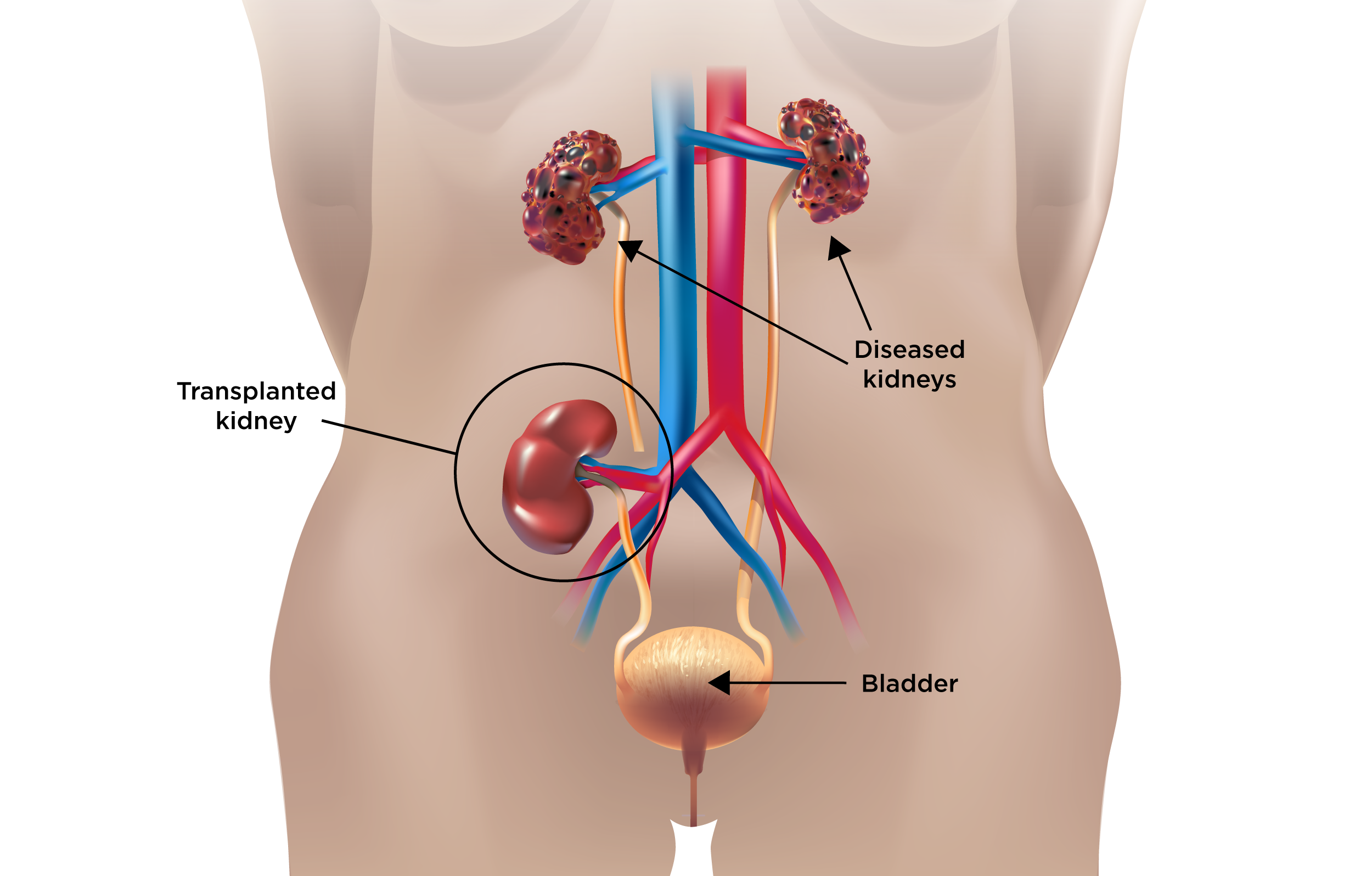
The kidney transplant waiting list by state plays a crucial role in determining how quickly patients can
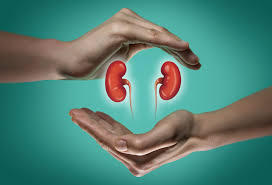
Finding a kidney donor now is a life-saving need for patients struggling with end-stage kidney disease.
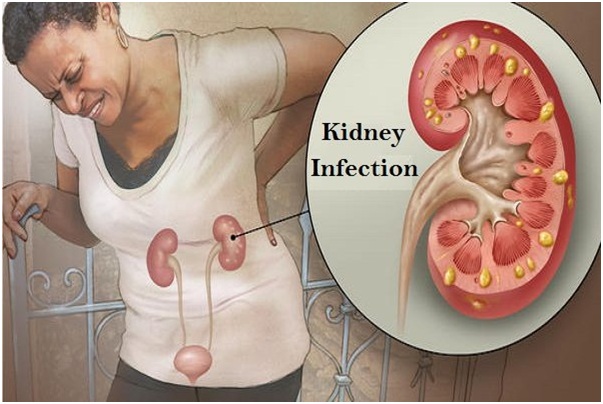
Symptoms of a kidney infection are usually very unpleasant, but the condition can clear up at home with antibiotic tablets. The course of treatment is typically two weeks.
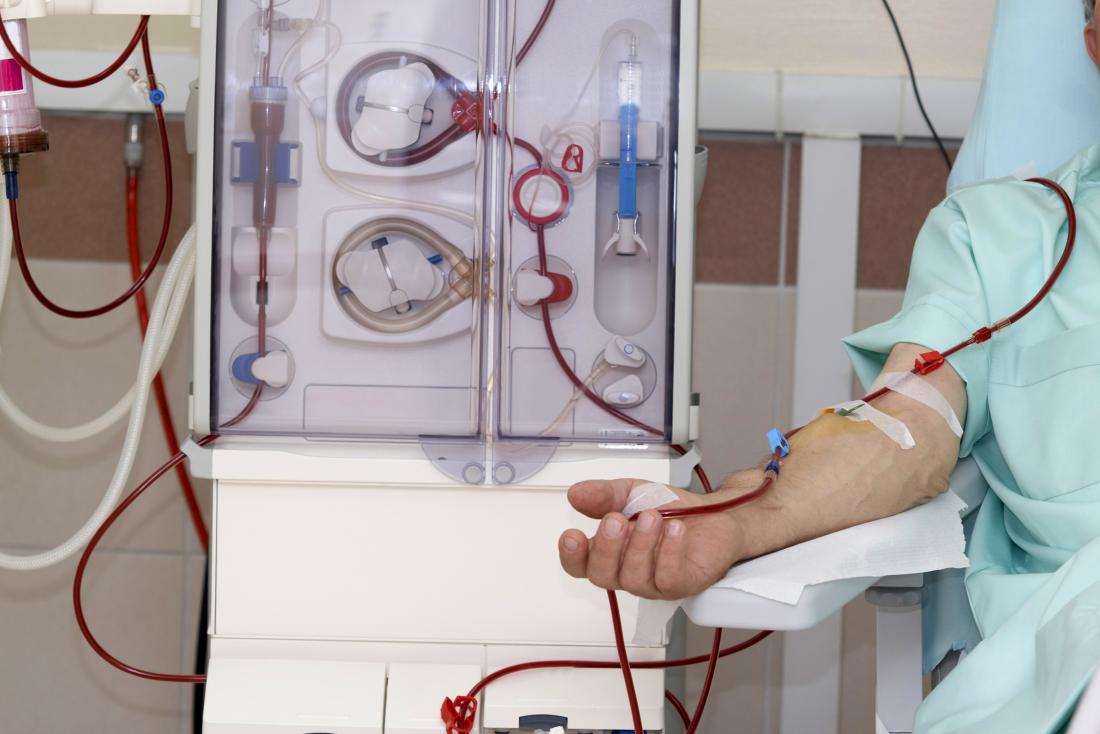
When your kidneys are not working properly, waste and extra fluid build up in your blood. Dialysis removes these substances and helps you feel better. Dialysis can be used short-term to treat an acute kidney injury or for the long term to manage chronic kidney disease.
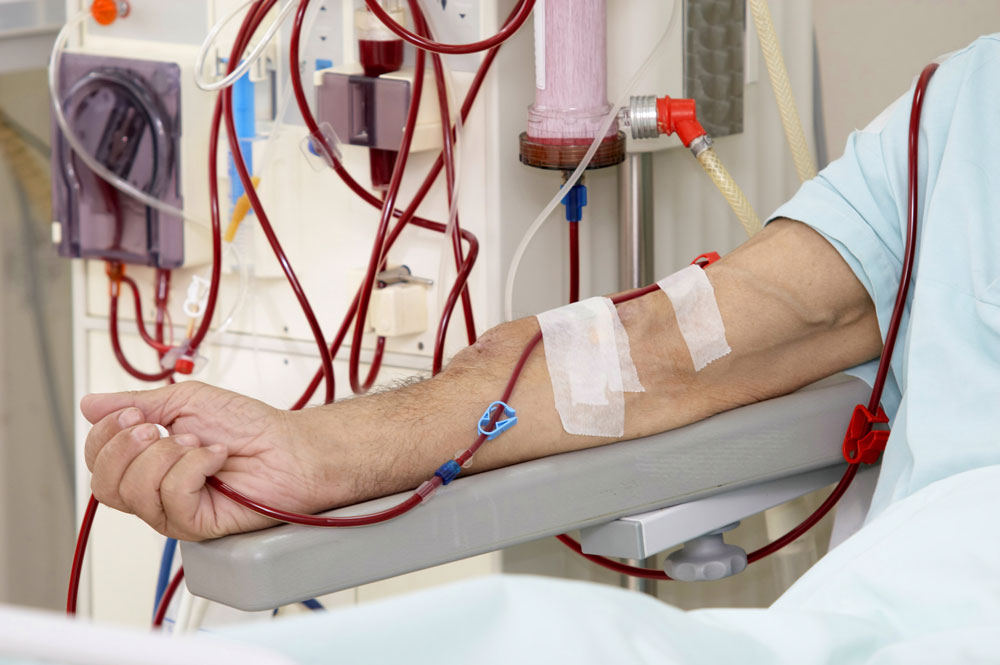
The kidneys remove waste and regulate some chemicals in the blood. When they stop working, these substances build up in the blood, which can cause symptoms such as vomiting, diarrhea, extreme fatigue, and confusion (uremic syndrome).
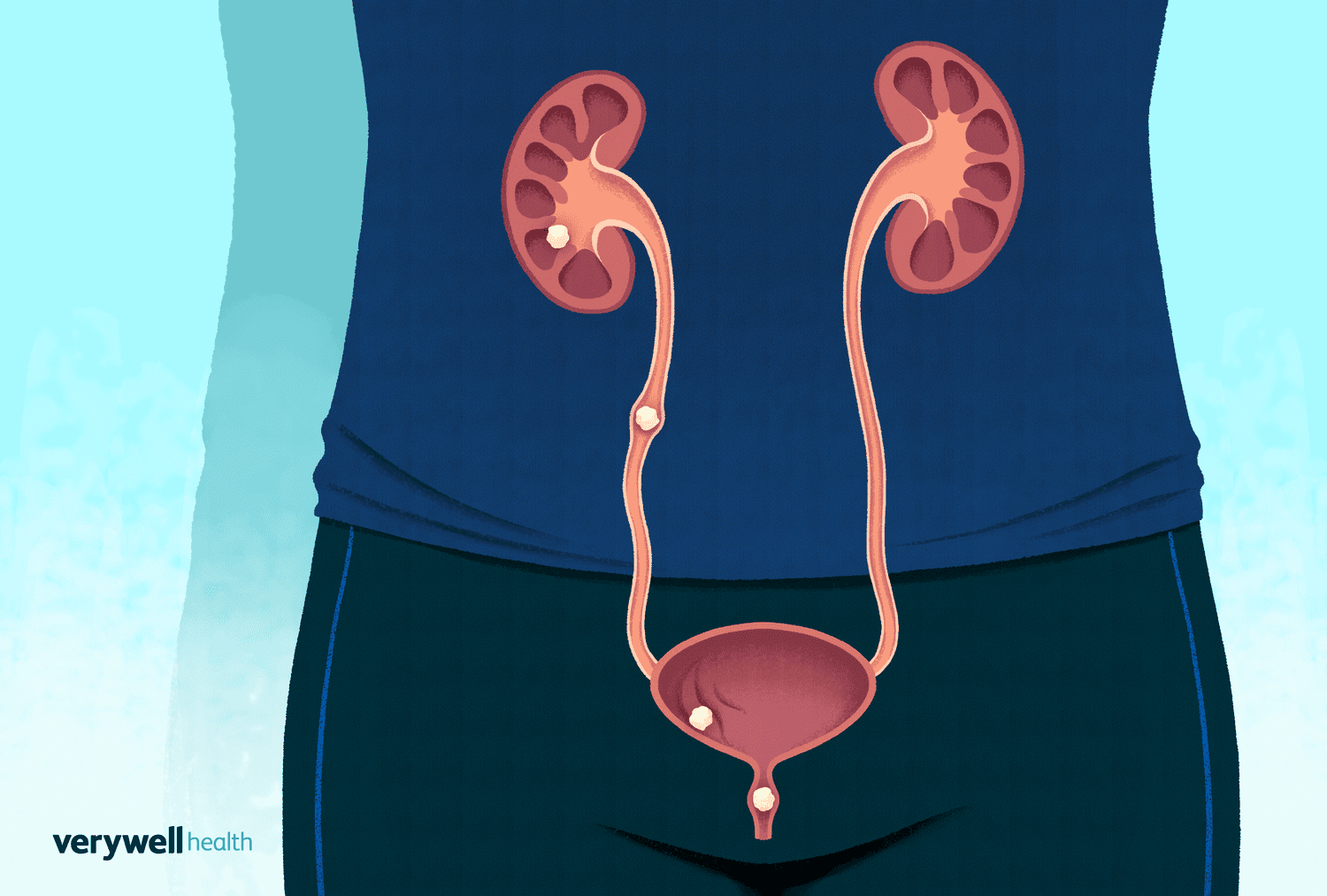
Kidney stones are among the most painful conditions a person can suffer from. They cause discomfort in the lower back and genitals that can be so severe it may feel like one is being crushed inside. The pain typically peaks when the stone moves from the kidney into the ureter, which is the tube that carries urine to the bladder.
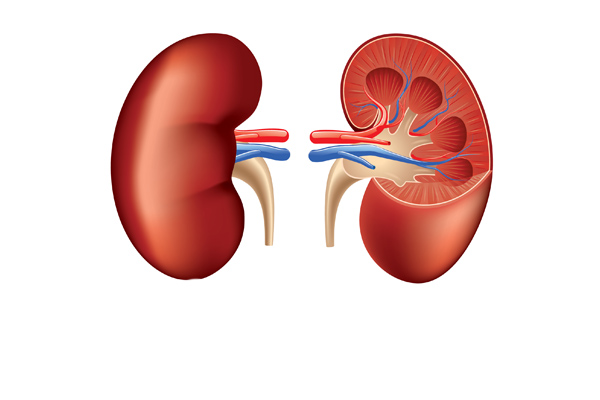
Acute kidney failure happens when your kidneys suddenly stop filtering waste products, excess fluids, and important electrolytes from your blood. The sudden loss of function can happen as a result of an infection, complications from surgery, or some health conditions that increase your risk for kidney problems.
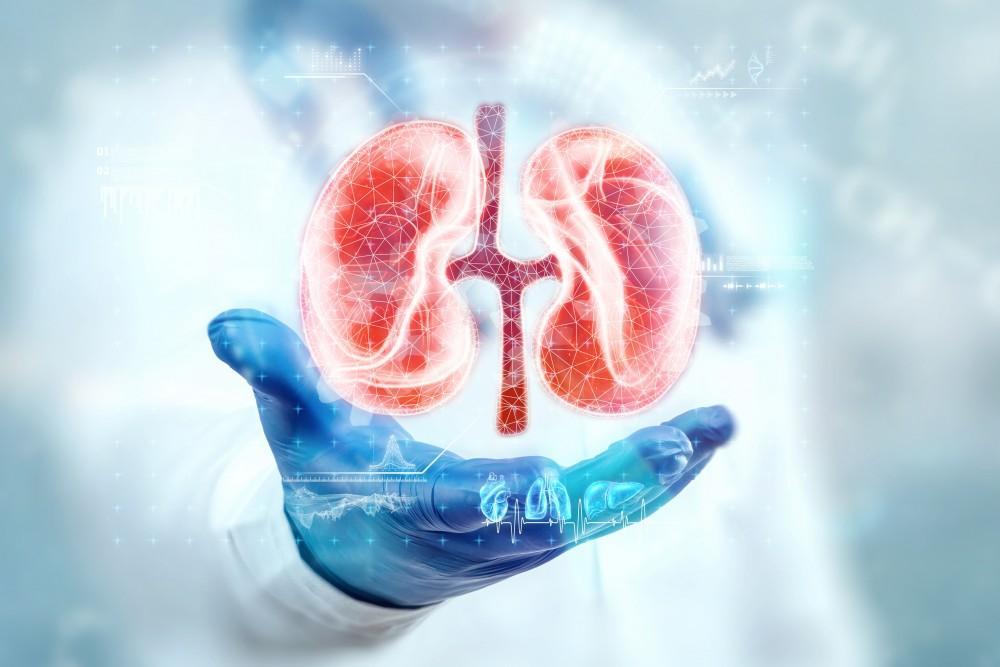
A kidney transplant is a life-changing procedure that can dramatically improve the quality of your health. But it is important to understand that the transplant process is a long journey and that there are risks involved, both for your body and your new kidney.